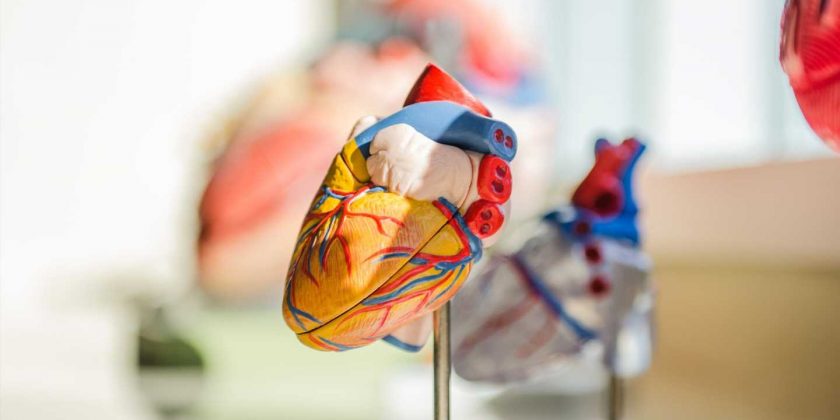
When it comes to heart failure (HF), sex differences are known to impact everything from risk factors to clinical presentation to response to treatment, making sex a key factor to consider in studies of emerging pharmacotherapies. Sodium-glucose cotransporter-2 (SGLT2) inhibitors, such as dapagliflozin, have become an important pharmacotherapy solution for patients with HF, yet more data are needed to assess their effect and safety between sexes.
Investigators from Brigham and Women’s Hospital, a founding member of the Mass General Brigham health care system, have conducted a study to rectify this gap in knowledge, using a pre-specified patient-level pooled analysis of DAPA-HF (Dapagliflozin and Prevention of Adverse Outcomes in Heart Failure) and DELIVER (Dapagliflozin Evaluation to Improve the Lives of Patients with Preserved Ejection Fraction Heart Failure).
Clinical outcomes for 11,007 randomized patients, 35 of whom were women, were compared by sex across the spectrum of left ventricular ejection fraction. In both DAPA-HF and DELIVER, men and women responded similarly and positively to dapagliflozin when it came to primary outcomes of worsening HF or cardiovascular death, and secondary outcomes of general health status.
“Given the consistency of our trial with other SGLT2 inhibitor trials like EMPEROR, sex-specific indications may not be needed for this class of HF therapies in the future,” said lead author Xiaowen (Wendy) Wang, MD, of the Division of Cardiovascular Medicine. “We are pleased dapagliflozin was safe and well-tolerated in both sexes, with improvement in clinical outcomes and health status.”
The study is published in Circulation.
More information:
Xiaowen Wang et al, Sex Differences in Characteristics, Outcomes and Treatment Response with Dapagliflozin across the Range of Ejection Fraction in Patients with Heart Failure: Insights from DAPA-HF and DELIVER, Circulation (2022). DOI: 10.1161/CIRCULATIONAHA.122.062832
Journal information:
Circulation
Source: Read Full Article
